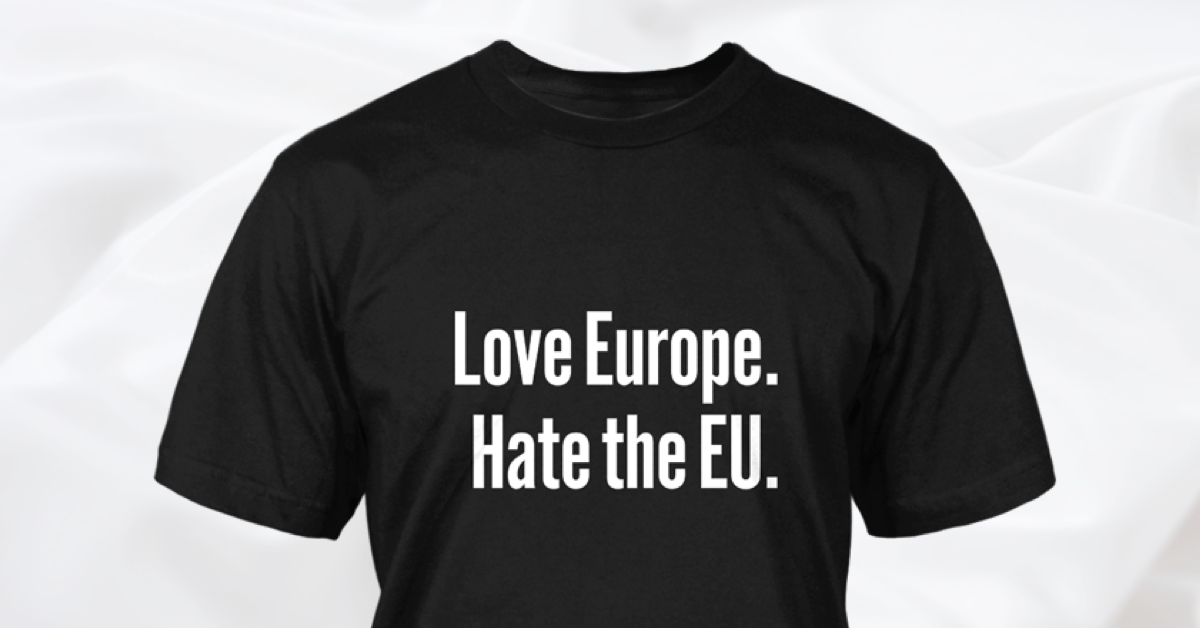The courts are at war with democracy… again
A single judge has overruled a strike voted for by 97 per cent of union members.

Want to read spiked ad-free? Become a spiked supporter.
Postal workers at the Royal Mail took part in one of the largest votes for industrial action in history last month. Over 111,000 members of the Communication Workers Union (CWU) were balloted. A whopping 97 per cent voted in favour of strike action on a turnout of almost 76 per cent.
But that overwhelming endorsement now counts for nought. After a two-day hearing at the Royal Courts of Justice, a single judge granted an injunction to prevent the strike from going ahead. Royal Mail’s lawyers claimed there were ‘irregularities’ in the vote and that members were ‘unlawfully coerced’, which sounds a lot like saying ‘they didn’t know what they were voting for’. CWU general secretary Dave Ward says Royal Mail’s case relied on the witness statement of a single manager. No balloted members had complained about ‘interference’ or irregularities of any kind.
Current laws are already stacked against trade unions. Especially since the Trade Union Act 2016, which stipulates minimum levels of turnout and workforce support for strike action. Simple majorities – the normal way of doing democracy – are not enough. Few of the politicians who passed the law would be elected under these conditions. That the Royal Mail ballot was only the third to meet the threshold since the 2016 act gives an indication of the hurdles now faced by striking workers.
When a vote goes the ‘wrong’ way, the establishment’s last line of defence is the courts. Whether it’s Royal Mail against the posties or Gina Miller and friends against Brexit, the courts are more than willing to provide a platform for the rich and powerful to air their grievances against democracy – and will almost always rule in their favour.
The court decision against Royal Mail workers puts many on the left in an awkward position. Only two months ago, many were cheering the bewigged toffs of the Supreme Court for its decision to overturn Boris Johnson’s prorogation of parliament. They cheered as the judges gave Remain MPs another opportunity to overturn the largest democratic vote in British history. Supreme Court president Lady Hale and anti-Brexit litigant Gina Miller were lionised as cult figures.
The judgement of the Supreme Court was widely said to be beyond question. Labour MP David Lammy hysterically claimed that seeing people ‘attack the courts and question the independence of judges’ meant that the ‘far right are up to the same old tricks’.
The fact that Jeremy Corbyn’s team tweeted excitedly about the result of the CWU ballot but is yet to comment on the judge’s injunction might suggest that the left plans to continue siding with the judiciary over the people.
At some point, the left will have to wake up to the fact that judicial power is rarely exercised in the interests of ordinary people. It is part of the system of so-called ‘check and balances’ – a check on democracy, which rebalances power away from the people and in favour of the political establishment and the wealthy. Judges are no friends to the people.
Fraser Myers is a staff writer at spiked and host of the spiked podcast. Follow him on Twitter: @FraserMyers.
Picture by: Getty
Who funds spiked? You do
We are funded by you. And in this era of cancel culture and advertiser boycotts, we rely on your donations more than ever. Seventy per cent of our revenue comes from our readers’ donations – the vast majority giving just £5 per month. If you make a regular donation – of £5 a month or £50 a year – you can become a and enjoy:
–Ad-free reading
–Exclusive events
–Access to our comments section
It’s the best way to keep spiked going – and growing. Thank you!












Comments
Want to join the conversation?
Only spiked supporters and patrons, who donate regularly to us, can comment on our articles.